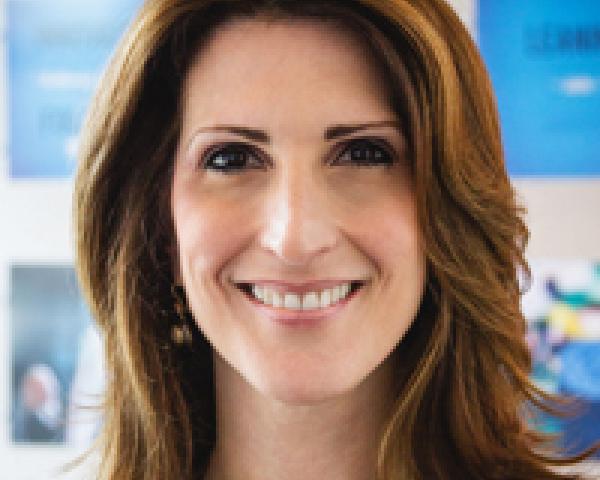Plan A (to fight the Department of Labor's "fiduciary" ruling for agents) and Plan B (to alter it) leave out a crucial factor: the future.
As the Department of Labor’s “ultimate” ruling becomes finalized in the short weeks ahead, insurance carriers across the country are putting a lot of sweat equity into various strategies. These strategies include many variants of two plans going on simultaneously:
Plan A: Fight. After all, there are flaws in the way this ruling was brought to bear, and it places significant burdens on the industry that could harm consumers.
Plan B: Alter. If the fight fails, then companies must be ready with alternative plans that are the least disruptive to their business model.
Both plan A and plan B make a ton of sense, and there is no doubt that they must be done, and done quickly. The sales engines will shut down without them. However, both plan A and plan B are missing something really important: the future.
See Also: Stepping Over Dollars to Pick up Pennies
Why is the future missing? Both of these strategies rely on keeping things the same or as close as possible to the status quo. Yet, things have changed. While we may despise the way this legislation was brought to bear, and the math is very questionable, there is something we can’t deny. There is growing consumer mistrust in commissioned agents and advisers because it is believed they will sell products that make them the most money.
While we all know that many commissioned agents do act in the best interests of their clients, consumer perception is the reality. A 2012 study by Maddock Douglas revealed that more than 70% of the population agrees that “insurance agents always try to sell people stuff they don’t really need.” Ouch.
So, in spirit, this legislation is inevitable, and if it doesn’t take effect now it will keep coming back in new forms, and we will be fighting the same fight over and over. This realization blows up plan A.
Further, if the ruling does take effect, and we merely alter our processes to work within the exceptions and leave the current compensation model largely intact, the consumer won’t be satisfied and will gravitate toward another model. That realization blows up plan B.
So then we must create a new plan. Plan C: Lean in.
No, I don’t necessarily mean robo-advice. While robo-advice is the proposed solution against bias, it is only one solution. It may not actually be the right answer for your organization. The consumer mistrust around agents and advisers does not mean we need to eliminate humans; we just need to eliminate bias.
This is clearly an innovation challenge, and it requires developing many ideas and then choosing the best one(s) to pursue as your plan C. Your plan C ideas need to push thinking beyond the status quo, and if it is to be a successful alternative it should contemplate the following: 1) What would an unbiased advice model look like if it were invented today and the current one never existed? 2) What kinds of adviser incentives would the consumer see as aligned with their own best interests? 3) Who has solved a similar challenge in another industry, and what can you learn from them? 4) How can you prototype one or more of these models and learn if it will work before you invest a large sum in building it?
All of these questions, and others, can be answered if you apply the right process for getting to your plan C. Yes, it is possible. Some may wince when I state the old wisdom that there is opportunity at every point of major change, because this one really hurts. I’ve heard some of the most respected experts call this the biggest change in the industry since the Armstrong investigation in 1905. It is painful; however, the old wisdom is still true.
There is always opportunity in change, as long as we keep our wits about us enough to see it. If not, then the opportunity belongs to the disrupters of our industry.
This article first appeared on National Underwriter Life and Health magazine.


